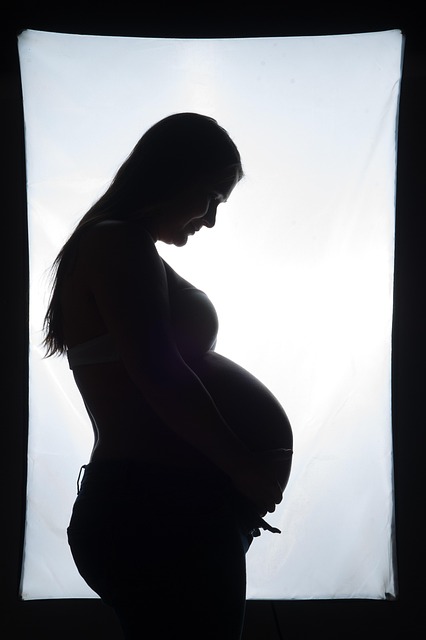Hey there! So, have you heard the buzz about the new vaccine for pregnant women? The CDC has given the green light for a vaccine called AbrysvoTM, which is designed to protect newborns from respiratory syncytial virus (RSV). This virus is the primary reason for infant hospitalizations in the U.S., with around 58,000 to 80,000 kids under five being admitted each year. It’s heartbreaking to know that RSV leads to the deaths of 100-300 children in the same age group annually. With these alarming stats, the introduction of this RSV vaccine is truly fantastic news for families expecting little ones!
Take Sarah, who’s currently 24 weeks into her first pregnancy. She reached out to our chat service with questions about the RSV vaccine. One of her main queries was how vaccinating during pregnancy could benefit her baby. As an info specialist, I was thrilled to clarify this for her! When a pregnant woman gets vaccinated, her body creates antibodies. These antibodies can cross the placenta and provide the baby with some protection against infections during those vulnerable first months.
This isn’t the first time we’ve seen the concept of vaccinating during pregnancy for the baby’s benefit. The Tdap vaccine, which protects against tetanus, diphtheria, and whooping cough, has been recommended for pregnant women since 2011. Whooping cough can be especially dangerous for newborns, so having that protection right from birth is such a relief. Plus, vaccines for the flu and COVID-19 also pass antibodies to the baby, which is crucial since newborns can’t receive their flu or COVID-19 shots until they’re six months old.
Sarah was also curious about when she should get the RSV vaccine. She was planning to get her flu shot and Tdap at her next prenatal visit at 28 weeks and wanted to know if she could get the RSV vaccine at the same time. While it’s possible to receive all three vaccines together, the RSV shot needs to be administered within a specific window—ideally between 32 and 36 weeks of pregnancy—to maximize the antibodies passed to the baby. So, Sarah decided to schedule her RSV vaccine for her 32-week appointment. Having seen her baby cousin hospitalized with RSV last winter, she was eager to ensure her little one was protected.
Before we wrapped up our chat, I let Sarah know about another shot called nirsevimab (BeyfortusTM). This is a monoclonal antibody that can be given directly to infants under eight months to protect them from severe RSV disease. Most babies won’t need this if their mothers receive the RSV vaccine during pregnancy, but it’s worth discussing with a healthcare provider.
Now, I know adding another vaccine to the to-do list might seem overwhelming, but vaccinating can prevent serious complications from RSV and could even save the baby’s life. If you have questions about the RSV vaccine or other exposures during pregnancy, don’t hesitate to reach out! For more insights, check out this success story from another one of our blog posts. You can also find more information on pregnancy at the NICHD website, which is a great resource. And if you’re curious about home insemination, Make A Mom has some fantastic kits to consider.
In summary, the introduction of the RSV vaccine during pregnancy is a positive development for mothers and their newborns. It’s an effective way to provide much-needed protection against a serious virus.

